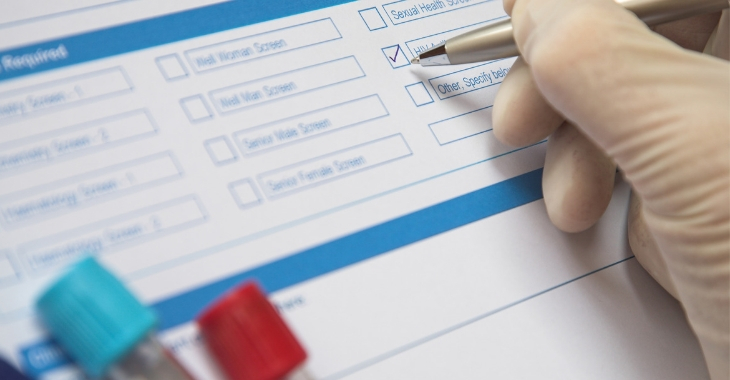Importance of STD Testing for Young Women

Sexually-transmitted diseases are still common and can have serious health risks for young women who are sexually active. Not all STDs have noticeable symptoms and can be causing damage and health issues unbeknownst to those with the disease. Routine STD testing for young women under 25 and sexually active women of child-bearing age can help detect diseases early to begin treatment and reduce health risks.
Common Types of STDs in Women
STDs still are a risk for those with new sexual partners or partners who are not monogamous. While condoms can reduce the risk of spreading these diseases, they are not 100% effective. Approximately 19 million new cases of STDs are diagnosed every year in the U.S. Some of the common types of STDs and their risks for women include:
- Chlamydia. Untreated chlamydia can cause pelvic inflammatory disease or PID. This can cause infertility, pain, and ectopic pregnancy.
- HPV. HPV can cause changes in the cervical cells that can lead to cancer
- Syphilis. Untreated syphilis can cause cardiovascular and neurological problems and even death; it can also be spread to newborns and cause serious health complications.
- Genital herpes. Herpes can be spread to newborns, with risk of blindness and other health complications.
- Gonorrhea. Untreated gonorrhea can lead to PID, causing scar tissue that can cause infertility or ectopic pregnancy.
- HIV. HIV infection can cause health issues and poses a risk of death for the woman. It can also be spread to a fetus.
STD testing can be performed as part of annual exams by a OB/GYN. Diagnosing most STDs early is the best option for treatment to reduce the chance of serious health risks and spreading the disease to sexual partners and future children.
Posted on behalf of
Marietta OB-GYN Affiliates, P.A.
699 Church Street #220
Marietta, GA 30060
(770) 422-8505
The information provided on this website, including text, graphics, images, and other materials, is intended solely for informational purposes and should not be used as a substitute for professional medical advice, diagnosis, or treatment.
)